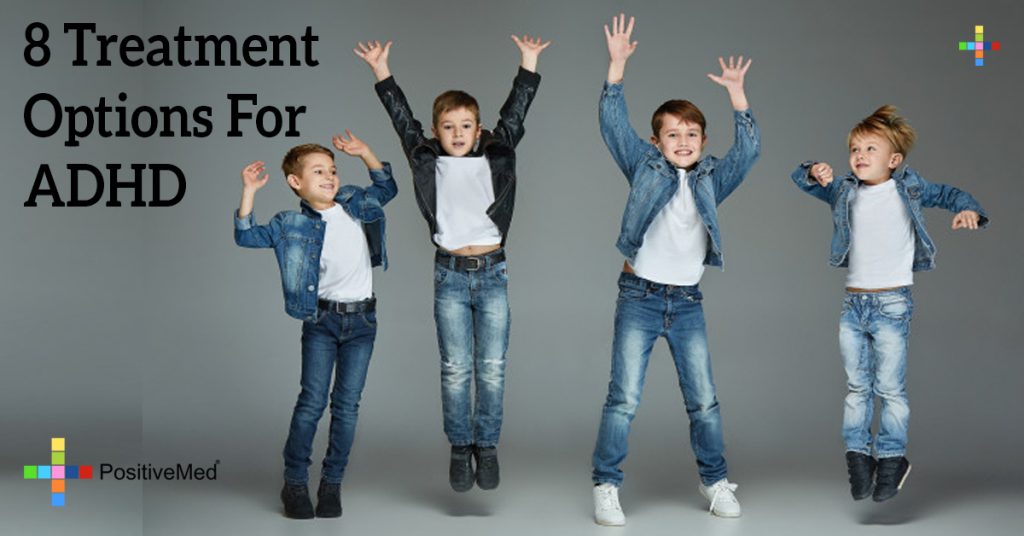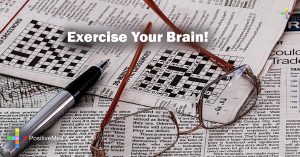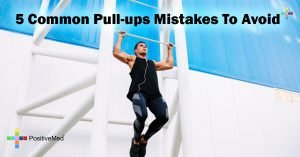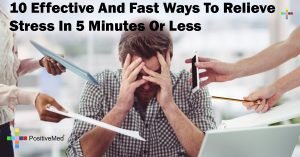
(Attention Deficit Hyperactivity Disorder) is characterized by significant difficulties with either inattention, hyperactivity and impulsiveness, or a combination of the two. There is no known cure for ADHD, although there are a number of natural options that can help those with the condition to effectively manage their symptoms.
1. Create a Routine: Children with ADHD are drawn to new activities, adventure, and change, yet they’re balanced by the opposite, create a Vata calming environment for him at home.
2. Relaxation: Do a 5- to 10-minute relaxation with your child at least once a day. Lie down on the floor or in bed, supporting your heads with a pillow and covering up with a blanket to stay warm, relax and deepen his breath, which helps his CNS switch from a sympathetic mode.
3. Bedtime Massage: Oil is the quintessential Vata balancer, so a bedtime massage is particularly calming for children with ADHD. Try to do this at least once a week.
4. Diet and Nutrition: Give your child 50 mg of B-complex vitamins and 100 to 200 mg of fish oils geared for children. These supplements nourish and stabilize the CNS while improving mood stability, mental focus, and brain function.
5. Natural Rx: Herbs that calm, soothe, and nourish the nervous system include lemon balm, chamomile, hops, passion flower, skullcap, brahmi, valerian, and St. John’s Wort. They can be taken safely as teas or tinctures.
6. Technology Time-Out: Try to limit how much electromagnetic exposure your child is getting by reducing his screen time to an hour or less a day.
7. Therapeutic ADHD Treatments
– Psychotherapy
– Behavior Therapy
– Social Skills Training
– Support Groups
– Parenting Skills Training
8. Medication: By carefully monitoring your child’s behavior, you can help your doctor find the dosage and schedule that allow him to succeed in school, while decreasing his chances of experiencing side effects.
– CNS (Central nervous system stimulants) most commonly prescribed class of ADHD drug. They balance the levels of certain neurotransmitters (brain chemicals) such as dopamine that may be unstable in ADHD patients.
– CNS stimulants forms and varieties: pill, capsule, liquid, or skin patch, these can be short or long acting.
– Common CNS stimulants include:
-Amphetamine-based stimulants (Adderall, Dexedrine, Dextrostat)
-Dextromethamphetamine (Desoxyn)
-Dextromethylphenidate (Focalin)
-Methylphenidate (Concerta, Daytrana, Metadate, Ritalin)
Source:
http://www.care2.com/greenliving/8-ways-to-treat-adhd-naturally.html
http://www.mayoclinic.com/health/adhd/DS00275/DSECTION=lifestyle-and-home-remedies
http://www.webmd.com/add-adhd/guide/adhd-home-remedies
http://health.yahoo.net/health/adhd/treatment-overview






